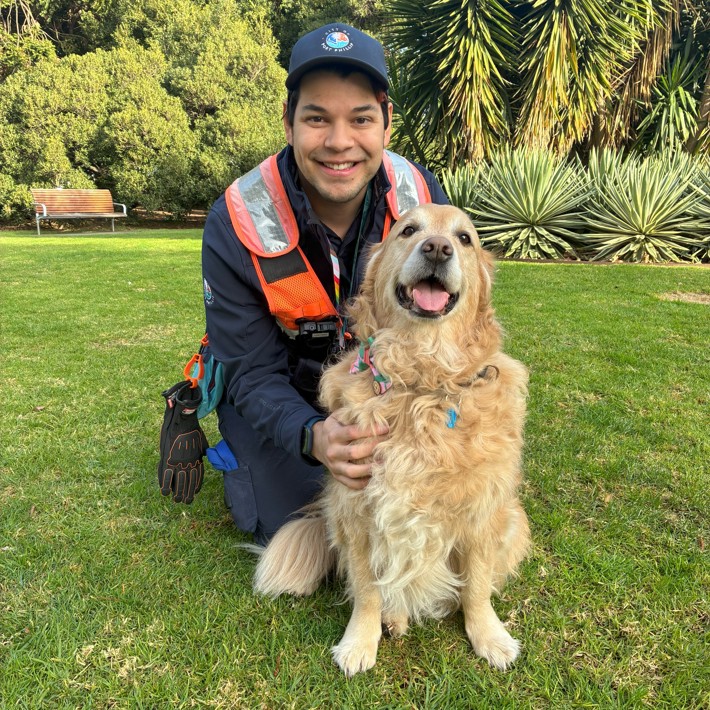Barking dogs
Some people think it is normal for dogs to bark consistently. It isn't. Barking dogs are a nuisance and are not conducive to good neighbourly relations. Constant barking usually means the dog is bored, lonely, frustrated or ill.
Dog owners must ensure their dogs do not annoy neighbours by barking excessively. It’s one of the duties of being a responsible pet owner.
How to manage nuisance behaviours from your dog
The key is to remember that the barking is rarely the actual problem. To manage the barking, it is important to identify what is causing your dog to bark. Often, they are bored, distressed or trying to tell you something.
Some things you can do are:
- Take your dog to the vet for a checkup, especially if the barking is a change in behaviour.
- Consult a professional dog trainer.
- Consider any recent changes to your dogs routine, e.g: moving house.
- Work on more exercise and stimulation for your dog. Ensure they are getting daily walks and doing lots of sniffing! When you go out, try and give them activities to do at home like toys and things to look for. Their mental stimulation is as important as exercise.
Here are some handy resources:
Reporting a barking dog
The first step is to read our barking dog guide which outlines the steps to follow. Many barking dog issues are resolved with a polite conversation with the dog owner. The barking dog guide also contains a letter template to help you make contact with the dog owner if a conversation isn't possible. Dog owners are often unaware of the problem and how much it impacts their neighbours. A polite, friendly conversation can go a long way! Try and tell them exactly when it is a problem so they can get to the root cause of the issue.
If this doesn't resolve the issue, you can report it to Council by filling in the barking dog complaint form and diary. It's important to fill the form in as much detail as possible and provide a completely specific and accurate diary that covers 14 consecutive days. The diary is essential in helping officers assess the level of nuisance and also provide workable feedback to the dog owner for them to reduce the barking.
The diary is a statement, so penalties can apply if it is untrue.
How Council investigates barking dogs
Council cannot commence a barking dog investigation until a completed barking dog complaint form and diary for 14 consecutive days has been received. Once the diary is received, a Council officer will assess the diary to see if it would be considered nuisance under the Domestic Animals Act 1994. If it is considered a nuisance, Council can take initial steps to work with the dog owner.
Our Officers respond to barking dog complaints by working with the dog owner in the first instance to help them identify the root cause of the barking and suggest ways to manage this. We take an educational approach before enforcing as we find dog owners are often willing to resolve the barking issue if they become aware of its impact and are provided tools to manage it.
If we are unable to reach a solution with the owner, Council may seek to prove an offence and proceed to enforcement. It is likely further evidence will be needed throughout the investigation. If Council cannot gather further evidence, it is likely the investigation will be unable to proceed. Below are some of the methods we can use to gather evidence.

Contact us
Our Animal Management team is here to help. Get in touch if you have questions or would like a print version of any files.
Send us a message on My Port Phillip.
Email: pets@portphillip.vic.gov.au


